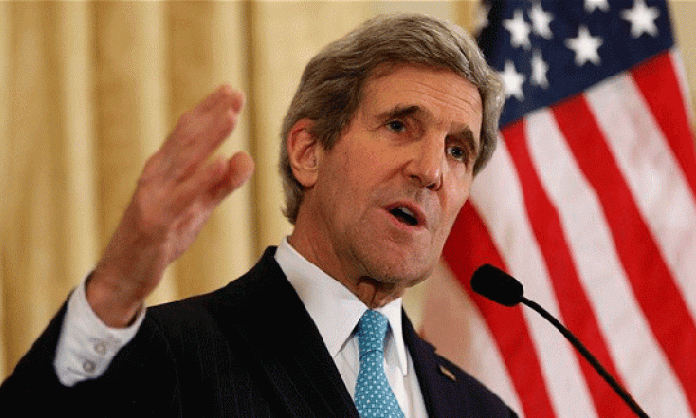Old fears die hard. In May, US secretary of state John Kerry expressed alarm that the Islamic State was “trying to brainwash” Western youth.
This isn’t surprising. When we see a steady stream of dissident youth from Islamic backgrounds appearing on TV expressing hostility to Western culture – from its political fiascos to its military disasters – middle brow leaders like Kerry need excuses as to why.
With often charismatic social critics choosing to defect to the enemy rather than opt for the idiocy of, say, the Australian parliament, the people at the top of society need someone to blame. Who better to target than the evil practitioners of brainwashing?
Except that brainwashing is a myth.
Its origins were in the Korean War. A similar situation to today’s emerged during that bitter conflict. Some US soldiers were persuaded to defect by sophisticated jailers who displayed a disturbing knowledge of US society. North Korean and, later, Chinese fighters had inflicted defeats on their enemy. The US soldiers were at a psychological disadvantage when confronting their guards.
The jailers did use clever interrogation techniques, such as getting new arrivals to write autobiographical sketches. From these they identified political pressure points. As analyst George Keckeisen wrote: “They knew American slang and knew regional customs and issues. Most important, they understood the value of racial and social differences as tools to disunite the POWs”.
The impact of these methods was dramatic: 21 US soldiers refused repatriation in 1954. Even more shocking, they denounced the US government.
It wasn’t brutality that achieved this. “Peer pressure and reasoning were the preferred tactics”, wrote Keckeisen.
These methods were no secret. Red Army fighters had used similar techniques to organise Japanese prisoners into anti-fascist units in China during World War II. But US strategists showed little enthusiasm for learning from communists.
Instead the US set up resistance groups among the prisoners, with names like Free Hearts of America, to combat the non-existent brainwashing. They presented members with citations for resisting (alleged) mistreatment by the jailers. But whatever the effect of this, brainwashing remained a myth. And after the war ended, US Army and academic studies concluded as much.
It’s time to bury the myth. There is enough evil in warfare, without imagining more.





